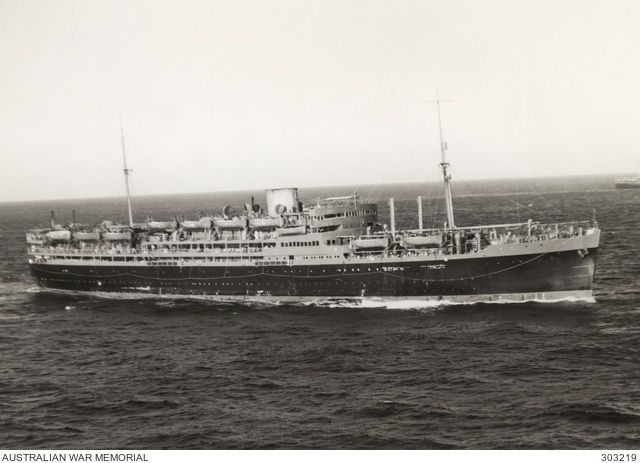Lieutenant Colonel Julian Layton
- Joanne Tapiolas
- Dec 31, 2024
- 3 min read
Updated: Jan 4
To understand the process of release for Italian internees, it is important to mention Julian Layton and his role as liaison officer for the Aliens Department of the Home Office (Great Britain) in the Commonwealth of Australia.




Comments